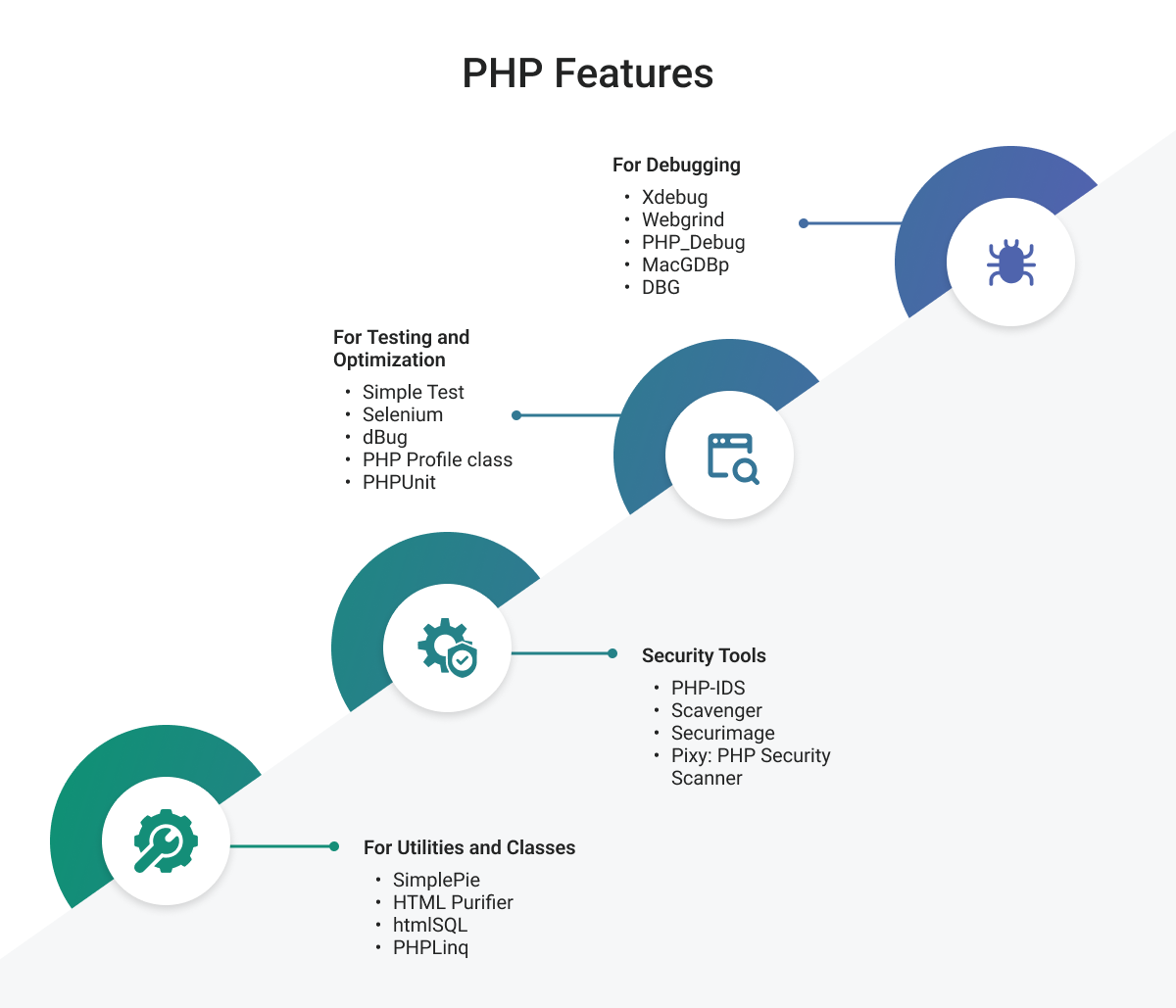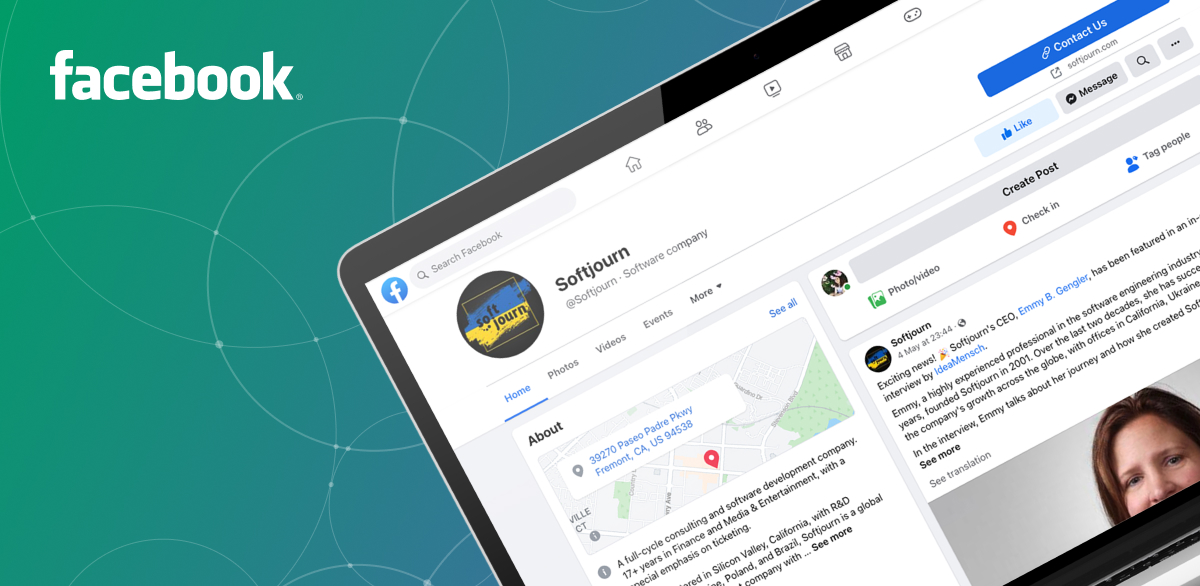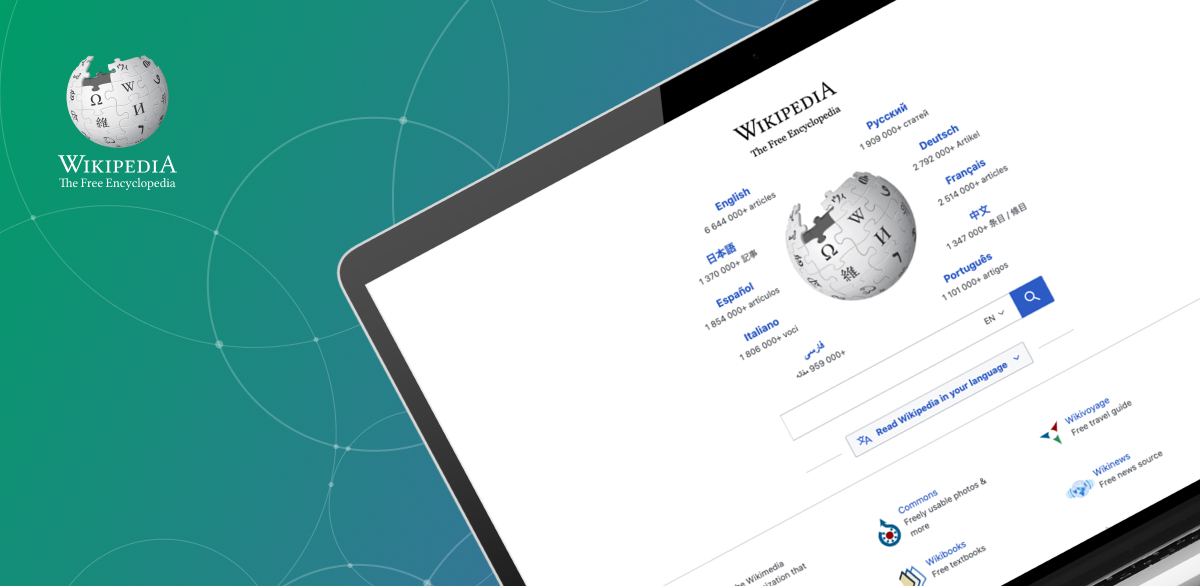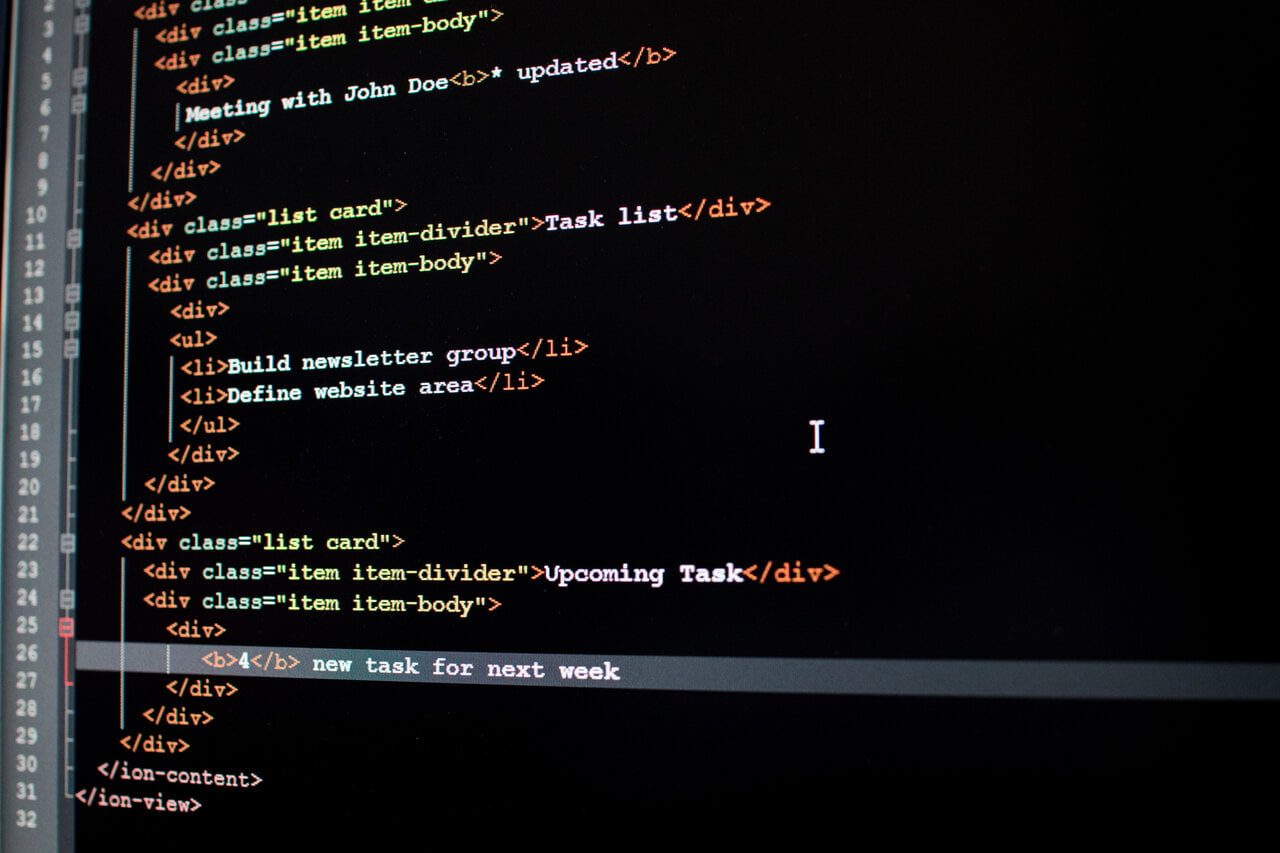Are you curious about the programming language that powers some of the most popular websites in the world, such as Facebook and Wikipedia? Look no further than PHP!
What is PHP?
Originally standing for Hypertext Preprocessor, this versatile server-side scripting language has come a long way since its inception. Today, PHP is recognized as one of the top programming tools for web development, offering a convenient development process with numerous additional tools to aid it.
Its many virtues have made it a favorite among developers, and it currently ranks as the sixth most popular programming language according to the Popularity of Programming Language Index (PYPL), with approximately 4.5% market share.

However, the TIOBE Index tells a different story—PHP has experienced a notable decline in popularity, falling from the top 10 and currently ranking around 17th position. This disparity between the indices reflects PHP's complex position in the programming landscape: while it remains widely used in production environments, it faces increasing competition from newer frameworks built on languages like Python and JavaScript.
Despite its rich history and widespread adoption, PHP has seen a decline in popularity in recent years as developers gravitate towards newer frameworks and technologies like Python, Java, and JavaScript-based stacks. This shift is partly due to the emergence of more modern approaches to web development and the perception that PHP's syntax and ecosystem are less cutting-edge compared to its competitors.
However, PHP still holds a significant place in the development world. It powers 75% of the web, including major platforms like WordPress, which remains a cornerstone of the internet. Its ease of use, extensive documentation, and large developer community continue to make it a reliable choice for building dynamic websites and content management systems.
Additionally, recent updates to PHP have improved its performance and security, ensuring its relevance in certain niches of web development.
For developers and organizations seeking a time-tested, flexible, and efficient server-side language, PHP remains a valuable option despite the rise of newer alternatives.
What is PHP Used For?
PHP is an open-source scripting language, and since its conception in 1994, it has been mainly used by developers to create web pages and websites. You can also use its syntax to create web applications and GUIs (graphical user interfaces). Generally, PHP is an efficient language, capable of delivering the high-performance times demanded by today's consumers.

Despite being an older programming language and lacking some of the features of newer counterparts, PHP has continued to evolve and mature over the years. Its ease of use, excellent documentation, and solid support make it a favorite among developers.
PHP developers have access to a vast array of frameworks, databases, and libraries, and the language can be set up on any Linux, Windows, or Unix OS with ease. It is also compatible with all leading databases, such as MySQL, SQLite, and ODBC, and most servers, including Apache and IIS.
It can be further supported by popular PHP frameworks such as Laravel, CodeIgniter, and Symfony, and many well-stocked and vetted libraries. PHP's well-documented APIs make it easy to integrate with all CMS programs and add-ons, resulting in dynamic, interactive, and feature-rich experiences.
The recent version of this scripting language, PHP 8, is object-oriented, which helps developers create secure frameworks and functions that are dynamic and reusable. The most recent stable major release is PHP 8.5, which was released on November 20, 2025. The latest security/bug-fix updates for currently supported versions were released on December 18, 2025.
With PHP 8.5, developers gain access to improved functionality, enhanced performance, and the latest security updates, ensuring their applications stay competitive and secure.
Why Use PHP: Advantages and Disadvantages
1. Advantages of PHP
PHP is an efficient language, capable of delivering the high-performance times demanded by today's consumers. Let's see what the pros of PHP are over other programming languages.
.png)
Free to Use
PHP offers a significant advantage over many other programming languages in that it is entirely open-source. This means that users do not have to spend any money to use the language, frameworks, debugging tools, databases, and other functionalities. Unlike closed-source languages, which require a fee to use, PHP can be downloaded and used to create websites and web applications without any upfront cost.
.png)
Extensive Library
One of the notable advantages of PHP is its extensive libraries, which offer pre-written and optimized code to run tasks smoothly and efficiently. These libraries eliminate the need for developers to start coding from scratch, enabling them to borrow and integrate code to maximize the speed and efficiency of their tasks. With PHP, developers can access an extensive collection of libraries, including popular options like Symfony, Django, CodeIgniter, and more. These libraries provide a wealth of resources and functionalities that can significantly enhance the development process and streamline the creation of robust and feature-rich web applications.
.png)
Adaptable with Multiple Platforms and Technologies
PHP's flexibility and adaptability make it a top choice for popular content management systems like WordPress. The scripting language can seamlessly integrate with various web technologies, and platforms, making it an ideal option for a wide range of web development projects.
.png)
Community Support
A major advantage of using PHP for web development is the robust support provided by the PHP community. If developers encounter challenges during the development process, they can turn to the community for assistance, and tap into the knowledge and expertise of fellow developers worldwide. With a large and active user base, the PHP community is renowned for its strong support network and helpful resources. Developers can find solutions to common problems, access documentation, and exchange ideas and best practices with other members of the community.
.png)
Easier Maintenance
Developing with PHP offers easy maintenance with the help of frameworks like Model View Controller (MVC). Additionally, developers have access to real-time insights, high speed performance, the flexibility to use the software on multiple platforms, and enhanced security features.
.png)
Wide Choice of Available Specialists
The widespread usage of PHP has led to the growth of a vast community of developers, many of whom are available for hire. This abundance of skilled professionals has created a highly competitive job market, which in turn can lead to reduced development costs.
.png)
Improved Loading Speed
Since PHP is object-oriented programming, it's known for its efficient and optimized code that enables websites to load faster compared to many other web development technologies. As a result, PHP can improve the user experience of a website, keeping visitors engaged and reducing bounce rates.
Additionally, faster loading times can also boost a website's search engine ranking, which is important for attracting more organic traffic. PHP's speed advantage over other languages is especially evident when compared to other languages, as PHP can be up to 382% faster than Python and 195% faster than Ruby.
.png)
Wide Selection of Databases
PHP's compatibility with a wide range of databases is one of its major advantages in web development. With PHP, developers can connect to almost any type of database, including MySQL, mSQL, MS-SQL, SQLite, PostgreSQL, Elasticsearch, Redis, MongoDB, and many others. This gives developers the freedom to choose the most suitable database for their application based on factors such as scalability, performance, and cost-effectiveness.
.png)
Good Flexibility
The flexibility of PHP allows it to effectively integrate with a variety of other programming languages, allowing developers to utilize the most effective technology for each particular feature. Additionally, PHP is a cross-platform language, meaning that developers can use any primary operating system, including Windows, Linux, and MacOS, to perform coding. This flexibility greatly facilitates the development process, making it faster and more cost-effective.
.png)
Compatibility with Cloud Services
PHP's compatibility with cloud services is another advantage that it brings to web development. Many modern applications require cloud computing solutions, such as Amazon Web Services and Azure, for various purposes. Fortunately, applications written in PHP are supported by different cloud services, including AWS Lambda.
As a result, a PHP application can be deployed on a cloud server and achieve excellent scalability and other beneficial effects. The cloud computing space is not monopolized by other coding languages, which means that PHP has taken its place in such implementations.
.png)
Scalable
PHP is a highly scalable language that can handle large-scale projects effectively. Many well-known websites and web applications, such as Facebook, WordPress, Yahoo, and MailChimp, were developed using PHP.
One of the reasons why PHP programming is suitable for large-scale projects is its ability to load quickly, which results in shorter waiting times for users accessing the website or application. Therefore, PHP is an excellent choice for businesses or individuals who need to develop complex and scalable web applications.
.png)
2. Disadvantages of the PHP Language
Though PHP is undoubtedly useful in web development, it also has several disadvantages that prevent it from dominating the field. For the sake of an unbiased review, let us examine these drawbacks and learn how they can be detrimental for future software and its business implementation.
.png)
It is Seeing a Decline in Popularity
PHP is a programming language that can be easily learned and mastered by developers. However, when compared to other programming languages like Python, PHP is written more like code, which makes it less accessible for beginners. Due to this, novice developers prefer learning Python as their first language and rarely consider adding PHP to their skill set.
Despite its popularity in web development, the ease of use of PHP compared to other programming languages may pose a challenge to its long-term viability. As the number of PHP specialists declines, the costs of products built on this language may rise.
.png)
It Isn't Keeping Up with Modern Technology
If your project requires advanced technologies such as machine learning, artificial intelligence, or big data, then PHP may not be the best choice. However, if you only need to build websites and web applications, PHP can be a suitable option.
For example, machine learning is an increasingly popular field that is expected to continue growing in the near future. While PHP has some libraries available for this purpose, it cannot match the capabilities of Python and other languages when it comes to developing web applications with machine learning functionality.
Therefore, if your web application requires machine learning or may need it in the future as your business grows, PHP may not be the most suitable choice.
.png)
Security Flaws
The accessibility of a PHP script's ASCII text file, due to its open-source nature, has raised concerns regarding the security of PHP-based products. This allows the public to view any written code, including bugs that malicious programmers can exploit. However, this drawback is common among open-source technologies and not exclusive to PHP.
.png)
Limited Debugging Tools
Debugging is an essential part of any programming language, and PHP is no exception. However, developers often complain that PHP has limited debugging tools, which makes it difficult to handle errors, especially when compared to other scripting languages. The tools needed to track and search for errors in PHP don't work as effectively, which can lead to frustration and time-consuming bug fixes.
.png)
Inflexibility of PHP’s Core Behavior
PHP’s core behavior is a fundamental component of web applications built with the language. However, one of the drawbacks of PHP is that it does not allow developers to modify or change the framework of this behavior. This can limit the creativity of web developers and make it challenging to achieve new outcomes when building web applications.
.png)
What is PHP Used For?
PHP's main strength lies in web development, where it is widely used for building the server side of web applications. However, it is not limited to web development, as it is a general-purpose language that can be used for other implementations as well.
For instance, developers can use PHP to build desktop applications, and it also supports object-oriented programming starting from version 5. Additionally, PHP can be extended with other programming languages, such as C, to add more functionality.
The language has a vast number of available libraries and frameworks, such as Laravel, Symfony, Phalcon, Zend Framework, and Yii, which further expand its capabilities.
Companies have been known to use PHP for:
- e-commerce platforms
- dynamic & interactive web pages
- website audio
- ticket booking
- advertising
- management of central databases
- custom online databases
- content management systems (CMS)
- gaming applications
The Modern PHP Ecosystem: Tools and Evolution
While PHP's core syntax has been around for decades, the language's ecosystem has transformed dramatically in recent years. Modern PHP development bears little resemblance to the PHP of the early 2000s, thanks to several key innovations:
1. Composer: Modern Dependency Management
Composer, PHP's de facto dependency manager introduced in 2012, revolutionized how developers manage libraries and packages. Similar to npm for JavaScript or pip for Python, Composer allows developers to declare project dependencies and automatically handle installation, updates, and version management. Today, Composer is essential to virtually all professional PHP development, with the Packagist repository hosting over 300,000 packages.
2. PHP-FIG and PSR Standards
The PHP Framework Interoperability Group (PHP-FIG) has established PHP Standard Recommendations (PSR) that promote code quality, consistency, and interoperability across different PHP projects and frameworks. Key standards include:
- PSR-4: Autoloading standards that eliminate manual file inclusion
- PSR-7: HTTP message interfaces for consistent request/response handling
- PSR-12: Extended coding style guide for readable, maintainable code
- PSR-14: Event dispatcher for decoupled application architecture
These standards have unified the PHP ecosystem, making it easier for developers to work across different frameworks and integrate third-party packages seamlessly.
3. Asynchronous PHP: Breaking Traditional Boundaries
One of the most exciting developments in modern PHP is the emergence of asynchronous frameworks that challenge PHP's traditional request-response model:
- Swoole: A high-performance async networking framework that enables coroutines, connection pooling, and WebSocket support
- ReactPHP: An event-driven, non-blocking I/O library for building real-time applications
- AMPHP: An event loop and async concurrency framework for non-blocking operations
These tools push PHP beyond traditional web applications into territories once dominated by Node.js and Go - real-time applications, microservices, and high-concurrency systems. While still maturing compared to alternatives, async PHP demonstrates the language's adaptability and ongoing evolution.
4. Modern PHP Development Practices
Today's professional PHP development incorporates:
- Docker containerization for consistent development environments
- Continuous integration/deployment (CI/CD) pipelines with tools like GitHub Actions and GitLab CI
- Static analysis tools like PHPStan and Psalm for catching errors before runtime
- Modern testing frameworks, such as PHPUnit and Pest, for comprehensive test coverage
- Code quality tools, including PHP CodeSniffer and PHP-CS-Fixer, for maintaining standards
Real-World Applications of PHP
PHP is a versatile scripting language that is ideal for numerous web-related tasks, ranging from generating dynamic web pages to collecting web forms, sending emails, and sending and receiving cookies. What are some of the top companies that rely on PHP?
Facebook, with its massive user base of 3.07 billion monthly active users, uses its own version of PHP called HipHop Virtual Machine (HHVM). This has resulted in updates trickling down to the main PHP language itself. The use of HHVM showcases the scalability of PHP, especially when handling large amounts of traffic and data.

Wikipedia
PHP has proven to be a reliable and scalable language for large-scale web applications, as demonstrated by the success of Wikipedia, one of the most visited websites on the internet. Developing at a rate of roughly 2 edits per second, and adding around 530 new articles per day, Wikipedia relies on the stability and scalability of PHP to handle its massive traffic and data management needs.

Mailchimp
PHP is the foundation of Mailchimp, which owns over 40.8% of the email industry and supports over 12 million customers. Most recently on their website, they said: “We've published an updated package for the PHP client library that is compatible with PHP 8.2. We've also published an updated package for the Node.js client library that uses the latest version of Axios to address a security vulnerability."

Yahoo!
In 2002, Yahoo's search engine and news portal migrated from a proprietary C/C++ system to a PHP code to reduce costs and enable scaling. They picked PHP over alternatives like Java, ASP.Net, and Perl for its server-side programming.
The PHP scripting language has received a strong endorsement from Yahoo, following news that the Internet portal giant is to begin using PHP as its standard server-side scripting language. The move proved successful as Yahoo still serves around 700 million people per month.

Slack
Launched in 2013 and now owned by Salesforce (acquired in December 2020 for $27.7 billion), Slack has become the leading workplace communication platform with approximately 32-42 million daily active users as of 2024. Slack is a notable user of PHP for its server-side application logic, using it to maximize workflow efficiency while speeding up web request time and minimizing program defects. The platform's success demonstrates PHP's ability to scale effectively for enterprise-level applications serving millions of users daily.

Examples of Content Management Systems (CMS) Using PHP
A CMS is an online software that allows users to manage digital content without specialized knowledge. PHP is the most common language used by CMS, including WordPress, Drupal, Magento, and Joomla. WordPress alone accounts for 62.7% of the CMS market and hosts 810 million active websites, ranging from simple blogs to complex eCommerce stores.
The most popular brands that use WordPress include TechCrunch, the New Yorker, Walt Disney Company, BBC America, and Sony Music, among many others.
Drupal is a PHP-based open-source CMS framework that powers many eCommerce platforms. Popular examples of websites on Drupal include The Economist, Tesla Motors, The Weather Channel, The University of Oxford, The Grammy Awards, Lush, Entertainment, and Intuit Mint.
Magento is an open-source e-commerce platform documented in PHP. It utilizes numerous other PHP tools and frameworks, such as Laminas and Symfony. Brands that utilize PHP-powered Magento include Land Rover, Ford, Nike, and Coca Cola.
Joomla is a popular open-source content management system (CMS) that is written in PHP and uses a MySQL or PostgreSQL database. Joomla currently powers approximately 1.5-1.6% of all websites, including Linux, Nintendo, Harvard University, and IT Wire.
If you have a website powered by Drupal, Magento, WordPress, or Joomla, you can hire PHP developers to work with you and expand your website's functionality. A PHP developer can help you create custom features and dynamic web pages, integrate third-party services, optimize website performance, and improve website security, personalizing the experience for your customers.
PHP Application Development
To provide your customers with a fast, user-friendly, and feature-rich experience, you need a reliable PHP development partner. Softjourn has over 10 years of experience in PHP development and Web Development Services. Our team of experts has designed and delivered customized websites, apps, and portals using PHP to help businesses scale rapidly and stay future-proof.
Whether you're seeking a new PHP application or a partner who can help you maintain and perform security updates on an existing platform, Softjourn is here to assist you.
Near and Distant Future of PHP
Although PHP is currently still a widely used language in web development, its future viability has raised some concerns. For instance, Python is attracting more new developers than PHP, and it is considered better suited for certain highly sought-after features such as machine learning, due to the availability of specialized libraries.
Without significant advancements in its evolution, PHP may continue to lose ground to Python. However, it's worth noting that even though it's not one of the newer programming languages, PHP has remained a dominant language in web development, serving as the backbone for about 75% of websites, despite competitors like JavaScript attempting to take its place.
This is a clear indication that PHP is here to stay, and there are compelling reasons why it has maintained its position.
The Verdict: PHP in 2026 and Beyond
After analyzing the advantages and disadvantages of PHP in web development, it is clear that there are numerous benefits to using this technology.
PHP isn't disappearing. The PHP Foundation's funding, ongoing language improvements, and massive existing codebase ensure its relevance for years to come. PHP 8.4's features demonstrate continued innovation, and the roadmap toward PHP 8.5 (November 2025) shows active development.
However, PHP is transitioning from a default choice to a deliberate one. New projects increasingly start with alternatives, while the vast PHP ecosystem continues serving billions of users reliably. This isn't failure—it's evolution. Every technology eventually finds its sustainable niche, and PHP's niche happens to be enormous.
For organizations with existing PHP investments, the message is clear: PHP remains a viable, well-supported platform worth maintaining and even extending. For those starting fresh, PHP deserves consideration based on specific project requirements rather than assumed obsolescence or blind enthusiasm.
Making Your Decision
The question isn't whether PHP is "dead" or "alive"—the data conclusively shows it's thriving within its domain. The real question is whether PHP aligns with your specific needs, team capabilities, and long-term vision. Evaluate your project requirements honestly:
- What problem are you solving?
- What does your team know best?
- What ecosystem provides the most value for your use case?
- What are your performance, scalability, and maintenance requirements?
If those answers point to PHP—perhaps you're building a WordPress site, extending a Laravel application, or developing a content-heavy platform—then embrace it confidently. PHP's 30-year track record, extensive documentation, and proven scalability make it a solid choice.
If your requirements point elsewhere—maybe you need Python's AI libraries or Go's concurrency model—then choose accordingly without guilt.
If you are still unsure about which programming language to choose for your custom-built web application, contact us for a consultation. Our specialists will propose the optimal stack of web development technologies tailored to your specific requirements, providing you with a top-quality software solution.


















